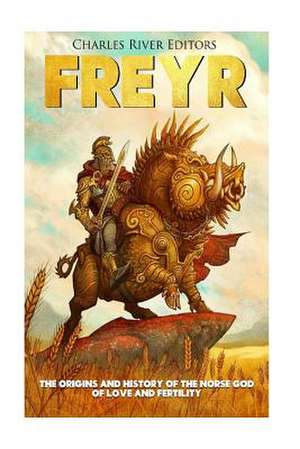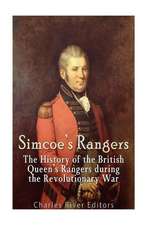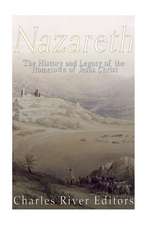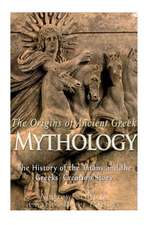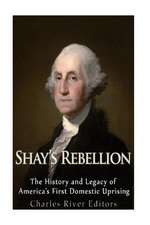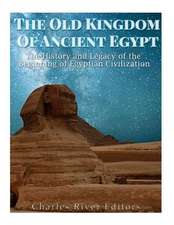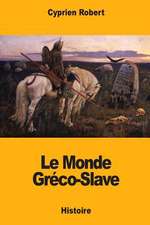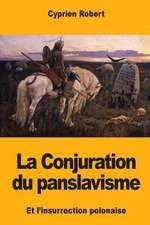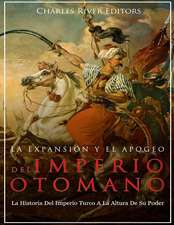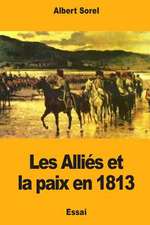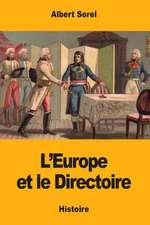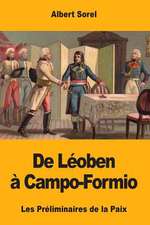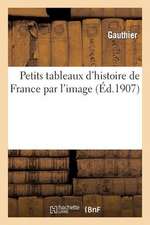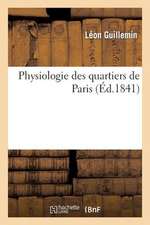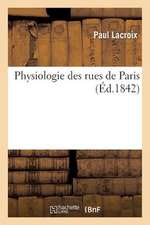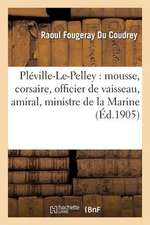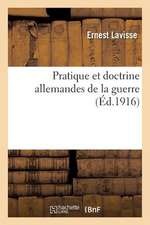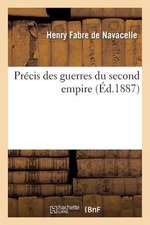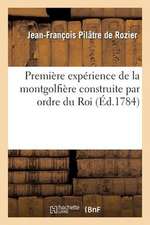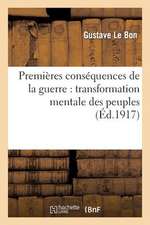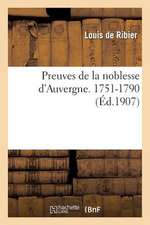Freyr
Autor Charles River Editors, Andrew Scotten Limba Engleză Paperback
*Includes Norse accounts
*Includes online resources and a bibliography for further reading
"Njrdr in Natn begot afterward two children: the son was called Freyr, and the daughter Freyja; they were fair of face and mighty. Freyr is the most renowned of the sir; he rules over the rain and the shining of the sun, and therewithal the fruit of the earth; and it is good to call on him for fruitful seasons and peace."
Much of what is known of the Norse myths comes from the 10th century onwards. Until this time and, indeed, for centuries afterwards, Norse culture (particularly that of Iceland, where the myths were eventually transcribed) was an oral culture. In fact, in all Scandinavian countries well into the thirteenth century laws were memorized by officials known as "Lawspeakers" who recited them at the "Thing." The Thing was the legislative assembly in Scandinavia "held for judicial purposes."
The Prose Edda is a collection of Norse Myths split into three sections, the Gylfaginning (the Deluding of Gylfi), the Skldskaparml (the Language of Poetry) and the Httatal (the Enumeration of Meters). The first has a frame story that entails a Swedish King, Gylfi, disguising himself as an old man, Gangleri, when he journeys to Asgard to meet the gods. When he arrives, he meets three men - "High One, Just-As-High, and Third" - who reveal to him stories of the world and the gods. The second section contains a warning for Christians not to believe in the Norse gods, specifically the two families, the sir and the Vanir, but also refutes the notion that they were demons, which was a common supposition among some Christians at the time. The Prose Edda begins in this line of thought with a euhemeristic prologue, which traces the history of the Norse Gods as human heroes of Troy, making Thor one of King Priam's sons.
The Norse Myths also appear to follow a chronological narrative, which the historian John Lindow describes as having a "Mythical Past, Present and Future." Loki features in each of these literary "epochs" and it helps to understand the complexity of his character, as well as the belief system, to view the myths in this way.
Freyr was son to sea-god Njrdr and twin brother to love goddess Freyja, all of whom were part of the Vanir, a less warlike, divine family. As part of a hostage exchange between warring families, Njrdr and Freyr were sent to live with the sir. As a member of the Vanir, his integration into the warlike family gave Freyr relatively little to do in surviving mythology. Many of the surviving stories involve Thor exercising his physical strength while Loki and Odin exercise their cunning. Freyr was not noted for either of these attributes, nor did he have a love of besting the Giants, the gods' eternal enemies. Freyr's role as a fertility god-a recurring theme in the Vanir-meant that his relatively rare appearences in the myths weighed heavily on the dominant, cult role he performed across Scandinavia from a surprisingly early time. That being said, there are few superfluous characters in Norse myth, and Freyr is present at two major moments of the gods' history: the union of the two families (although there are very few surviving texts describing this exact moment) and Ragnark, the apocalyptic end.
Freyr: The Origins and History of the Norse God of Love and Fertility looks at the stories about the legendary Norse deity. Along with pictures depicting important people, places, and events, you will learn about Freyr like never before.
| Toate formatele și edițiile | Preț | Express |
|---|---|---|
| Paperback (2) | 65.27 lei 6-8 săpt. | |
| – | 65.27 lei 6-8 săpt. | |
| – | 78.25 lei 6-8 săpt. |
Preț: 65.27 lei
Nou
Puncte Express: 98
Preț estimativ în valută:
12.49€ • 13.58$ • 10.50£
12.49€ • 13.58$ • 10.50£
Carte tipărită la comandă
Livrare economică 19 aprilie-03 mai
Preluare comenzi: 021 569.72.76
Specificații
ISBN-13: 9781985723382
ISBN-10: 1985723387
Pagini: 64
Dimensiuni: 152 x 229 x 3 mm
Greutate: 0.1 kg
ISBN-10: 1985723387
Pagini: 64
Dimensiuni: 152 x 229 x 3 mm
Greutate: 0.1 kg
